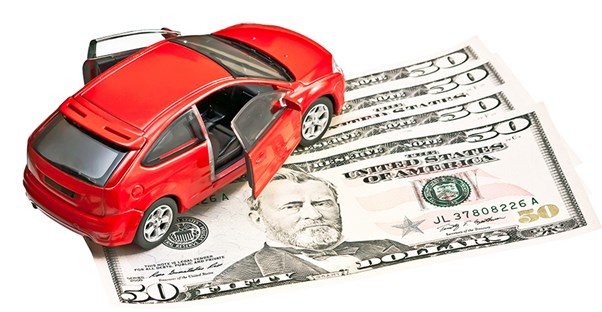Buy vs. Lease: What to Do When You Need a New Car

Choosing a new car comes with many difficult decisions. Figuring out how to finance the car is one of the biggest. The most common options are to take out a loan to purchase the car or to lease the car instead. Here is a quick look at what the two options entail.
Taking Out a Loan
Most buyers expect to take out a loan when looking into new cars, mostly because of how common auto loans have become. Auto loans are normally pretty straightforward. You purchase your car and pay the full amount over a set period of time.
Pros of Auto Loans
- Personalization: When you take out a loan, you own your car and are therefore able to make whatever decisions you want about add-ons or personal touches.
- Financial understanding: The financial contracts of auto loans are typically fairly simple to understand. Calculating the annual interest is also a fairly easy task.
- Save money: Buying and trading in your car later can potentially save money in the long run.
- Options: Owning your car allows you to decide to trade it in or even sell it whenever you want, with no strings attached other than making sure the loan continues to be paid.
Cons of Auto Loans
- Payments: Even though they offer more financial freedom, auto loans will typically have higher monthly payments than a lease contract.
- Future complications: Trading in your car when you do not want it anymore can be a difficult and time-consuming process.
- Down payment: Buying a car with an auto loan usually requires a higher down payment than with a lease. So you will need to have more money on hand.
- Depreciation: Depreciation is the amount of value your car loses over time. When you purchase a car using an auto loan, that money is coming directly out of your pocket. You are essentially paying for the full value of the car. However, that value immediately begins dropping as soon as you own it.
Leasing a Car
Leasing a car is an unfamiliar process for most people. A lease is a contract that gives you temporary ownership of a vehicle. It will either require signees to purchase or return the vehicle at the end of the contract. Usually, not much money will be required at the beginning—only security fees and the first month’s payment.
Pros of Leasing
- Lower monthly payments: Instead of paying the full price of the vehicle, you are only paying on the amount of depreciation the car will go through during your contract. This creates lower monthly payments.
- Better cars: Leasing a car means you can keep using the newest or fanciest car models without having to purchase them at full price.
- Easy end of contract: There are no trade-in hassles when you are done with your car, you simply return the vehicle and you are done.
- Sales tax: A lease only requires sales tax on the portion of the car value that you are financing. In comparison, purchasing a vehicle requires you to pay sales tax on the full vehicle price.
Cons of Leasing
- Ownership: At the end of your lease, you do not own your car unless you are able to pay the remainder of the value and purchase the vehicle once the contract expires.
- Mileage: A car lease will restrict your available mileage. If you go over the maximum mileage, dealerships will charge you additional fees or sometimes even a cost per extra mile. The average mileage limit is between 12,000 and 15,000 miles per year.
- Wear and tear: Even though you do not own the car, you will be responsible for any damage beyond normal wear and tear to the vehicle.
- Confusing contracts: Lease contracts can be confusing to understand and will come with hefty fines if you need to change your driver before the end of the term.



